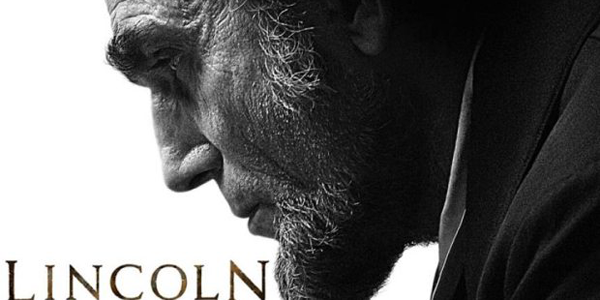
In Steven Spielberg’s historical biopic, Abraham Lincoln struggles with the grand task of reuniting the country during the American Civil War and passing the Thirteenth Amendment, affecting generations to come. The authentic costumes, eloquent dialogue, intense acting, beautiful cinematography and excellent music score created a beautifully crafted film evoking strong emotions from the audience.
Great performances in acting contributed most in driving the movie forward. Daniel Day-Lewis portrays President Lincoln vividly as an authoritative, sagacious, self-sacrificing man leading the nation through one of its most difficult crises. It seemed as if Lincoln was speaking not only to the characters in the movie, but to the audience in the theater as well.
Tommy Lee Jones’s performance as republican Representative Stevens intensified debate scenes on the floor with his sarcastic, humorous comments directed toward opponents of the Thirteenth Amendment. Lee Pace as democrat Fernando Wood passionately and verbosely opposed Stevens and his colleagues. Sally Field as Mary Lincoln and Joseph Gordon-Levitt’s portrayal of Robert Lincoln complemented Abraham’s character by showing the more unknown, personal side of his life. The movie shows a part of Lincoln unseen in history books, his flaws and strengths as a man.
The script was well written and cohesively put together. Dialogue exchanged between characters flowed well and resonated among the audience. The interactions in every scene felt natural and consistent. Historical quotes and references were used to relate with the audience, creating a movie relevant to people of all backgrounds. Momentum built to the climax of the movie which, though predictable because of prior historical knowledge, was very thrilling because of how well done it was.
Spielberg constantly reminds the audience of the social injustice of the era from the domestication of women to the harsh treatment of African Americans, further adding to the themes of justice and equality.
The costumes worn looked realistic and accurate for the time period, further immersing the audience into the movie. Soldiers, Union and Confederate alike look dirty and battletorn while politicians have clean and polished attire.
The scene depicting war-torn battlefields were marvelously shot, showing audiences the destruction of the conflict. Along with the solemn music, the moment becomes melancholy and heartbreaking. The more light-hearted scenes traveling across the countryside have more whimsical music and a happier tone.
Overall the film has strong emotional appeals and relevance to modern times. The significance of “Lincoln” tells the story of the final and most pivotal years of Abraham’s life, showing modern Americans and future generations the sacrifice and hardships he suffered for his country.















